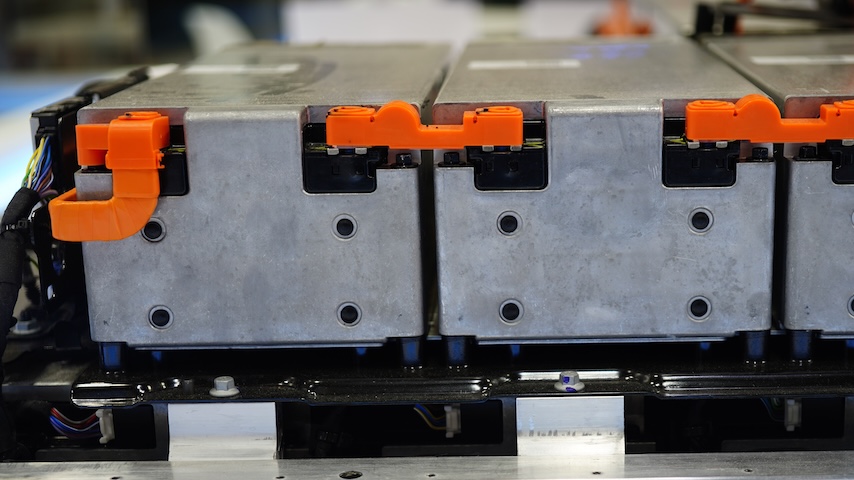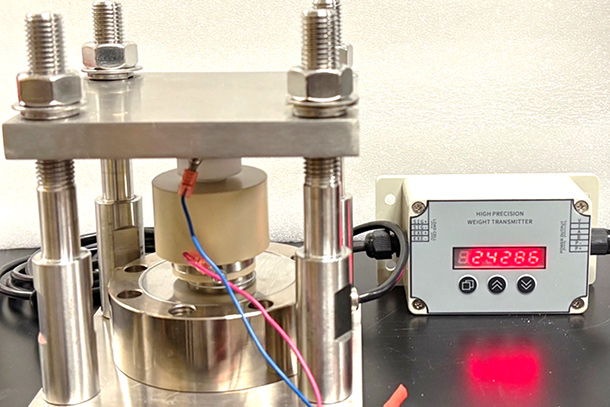New Report Finds DOE’s Manufacturing USA Institutes Offer Potential to Accelerate Technological Progress Toward Important National Goals
New Report Finds DOE’s Manufacturing USA Institutes Offer Potential to Accelerate Technological Progress Toward Important National Goals
This week, the Information Technology and Innovation Foundation (ITIF) released a new report titled, “Manufacturing USA at DOE: Supporting Energy Innovation.” The report reviews the progress of DOE’s Manufacturing USA Institutes and makes specific recommendations for the long-term success of the institutes, which include:
- Congress should continue to fund the institutes that have already been established beyond the current five-year limit;
- Greater flexibility for institutes in raising and using funds;
- Increased outreach to small- and medium-sized manufacturers;
- Strengthened education and training programs for technicians and mid-skill workers; and
- Better public awareness of their energy-specific missions.
The recommendations were presented at an event at the ITIF headquarters in Washington, DC where authors David M. Hart and Peter I. Singer discussed key findings, followed by a panel of experts discussing potential policy options. The presenters mentioned that the DOE Manufacturing USA institutes are key in addressing “market failures,” noting that certain market failures have led to gaps in the private sector’s response to manufacturing and energy innovation, including:
- Underinvesting in knowledge and skills;
- Weak cooperation across supply chains and within regions; and
- Unfair international competition.
The report notes that these failures have created a problem in the United States that go “beyond obvious externalities that justify an active role for the federal government, such as national security and environmental protection, to include the economic and workforce dimensions.” It also noted that the U.S. manufacturing sector is responsible for a quarter of the energy consumed, which presents a huge opportunity for the United States if we are able to obtain a competitive advantage in these markets and develop them over the coming decades.
The National Additive Manufacturing Innovation Institute (now called America Makes) was the first Institute created. It was led by DOD and cofunded by the Department of Energy (DOE), the National Institute of Standards and Technology (NIST), and the National Science Foundation (NSF) on the federal side—whose contributions were matched by $50 million of coinvestment from 50 industrial partners, 28 universities and labs, and 16 other organizations. The institute’s membership grew to include 180 organizations in its first five years.
The panel discussion focused on the threat the institutes and their member companies will face if Congress does not act on the recommendations provided. Alain Charles, Vice President of Infineon Technologies Americas Corp., shared his concern for what will happen with the potential Intellectual Property (IP) created at these institutes if the government no longer funds the projects. He was worried that many of the benefits the institutes currently provide, like their ability to connect big businesses with small- and medium-sized businesses they would otherwise never have the opportunity to encounter, would cease as the battle for the IP becomes based on members’ ability to contribute large sums of funds. Additionally, panelists Susan Helper from Case Western Reserve University and Gina Oliver from American Chemistry Council concern for the institutes’ ability to sustain and grow a workforce development component.
Panelists at the event also shared recent success stories from some of the DOE institutes such as IACMI, which can be found here: https://iacmi.org/wp-content/uploads/2018/02/IACMI-Accomplishments-Jan-2018.pdf
To read ITIF’s new report on “Manufacturing USA at DOE, please visit: https://itif.org/publications/2018/05/16/manufacturing-usa-doe-supporting-energy-innovation
Additional information about the Manufacturing USA Institutes is available at https://www.manufacturingusa.com/







